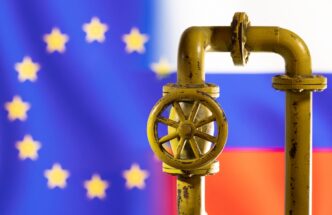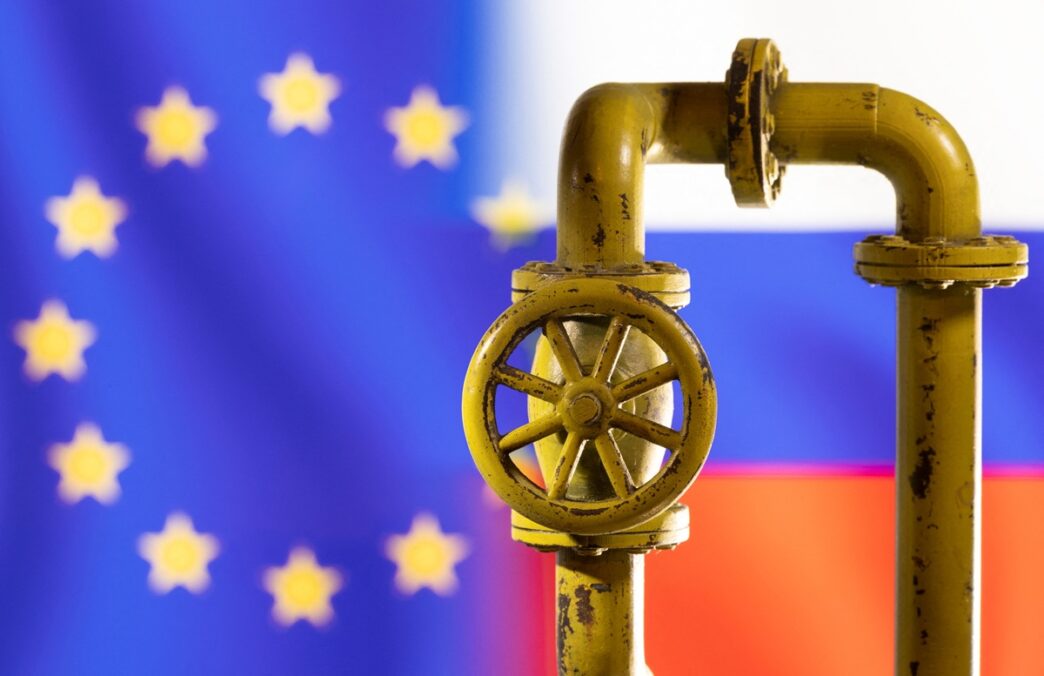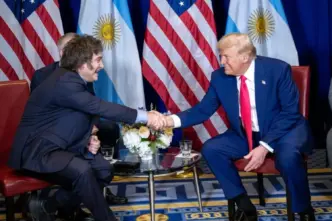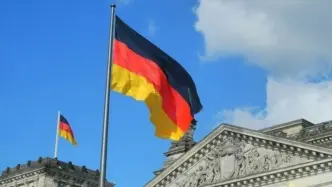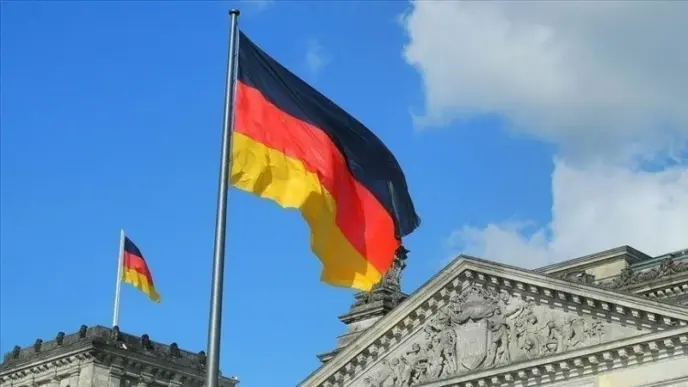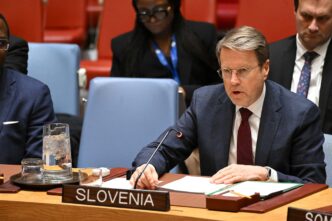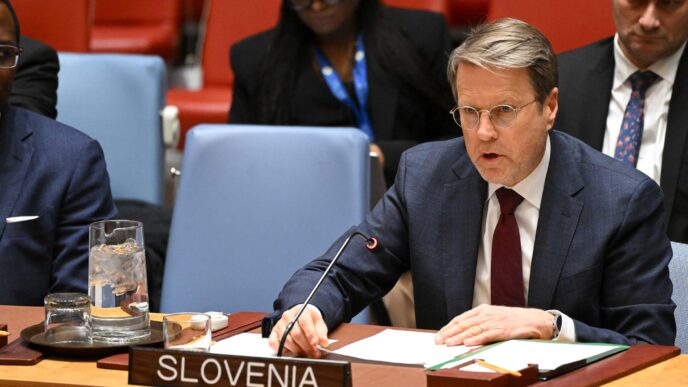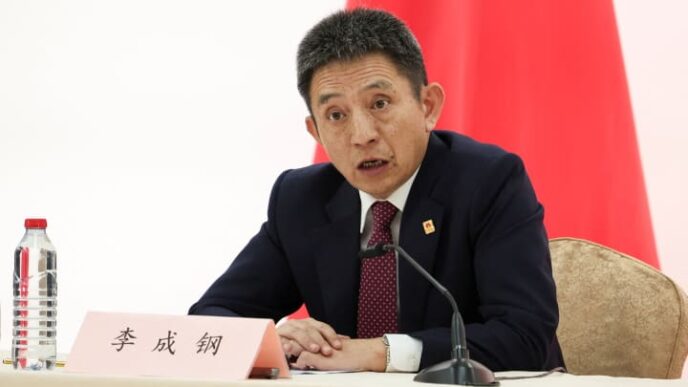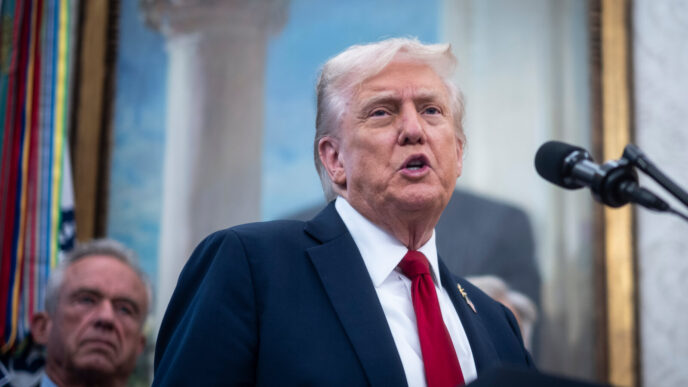European Union (EU) nations reached an agreement on Monday to phase out their remaining gas imports from Russia by the end of 2027, aiming to break a dependency that has been difficult to shake off despite Russia’s war on Ukraine.
Energy ministers convening in Luxembourg endorsed a plan from the European Commission to end both pipeline gas and liquefied natural gas (LNG) imports from Russia, pending approval from the bloc’s parliament.
Lars Aagaard, Denmark’s energy minister and holder of the European Union’s rotating presidency, described this decision as a “crucial” move toward achieving energy independence for Europe.
“Although we have worked hard and pushed to get Russian gas and oil out of Europe in recent years, we are not there yet,” Aagaard said.
This initiative is part of a larger EU strategy intended to reduce the bloc’s reliance on Russian energy sources. The commission is simultaneously advocating for LNG imports to be halted a year earlier, by January 2027, as part of a new sanctions package designed to diminish Moscow’s funding for the war.
However, these sanctions require unanimous consent from all 27 EU nations, which has sometimes proven difficult to achieve. In contrast, trade restrictions like those approved on Monday only need the support of a weighted majority of 15 countries.
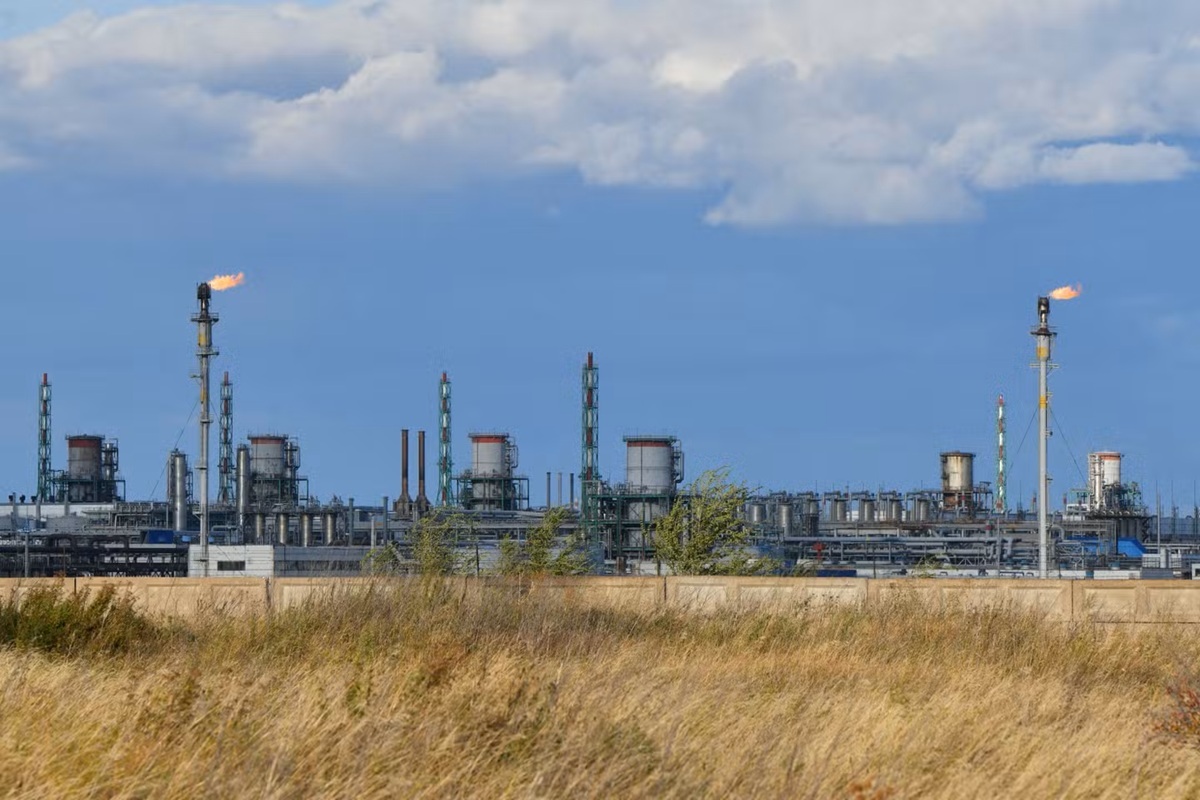
With the exception of Hungary and Slovakia, which maintain closer diplomatic ties with the Kremlin and continue to import Russian gas via pipeline, all other nations backed the latest decision, as reported by diplomats.
The Slovak government claims that geographical constraints necessitate importing gas from Russia.
As per the proposal approved on Monday, which is anticipated to gain approval from the European Parliament, new contracts for Russian gas imports will be prohibited starting January 1, 2026.
Current contracts will have a transition period, allowing inflows under short-term agreements until June 17 next year and those under long-term contracts until January 1, 2028.
Even though gas imports from Russia via pipeline have significantly decreased since the onset of the Ukraine invasion, some European countries have increased their acquisitions of Russian LNG transported by sea.
Russian gas is projected to account for about 13 percent of EU imports in 2025, equating to over 15 billion euros annually, according to estimates from Brussels.


 Trending
Trending 
